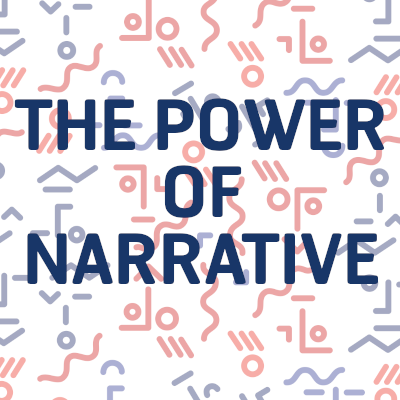Teresa Albano, Economic Affairs Officer and E-MINDFUL Project Manager
How many migrants are too many? Recent studies demonstrate that ageing societies are in need of migrant labour to keep up productivity levels. Increasingly, economic sectors at all skill levels suffer from labour shortages, with spillover effects on the long-term sustainability of welfare systems. Yet, if you ask this question in a gathering with family or friends, often a lively, if not hard-hitting debate is likely to occur about the many migrants in the country who are already too many.
Why do people seem to disagree so much about migration?
Few topics polarize opinions as much as migration. The question of how to regulate human mobility can divide a neighbourhood, decide elections or shape inter-State relations. The implications of this polarized debate on social cohesion and stability are evident. However, rarely people’s opinions about migration are based on facts. According to the 2015 “Perils of perception” study by polling firm Ipsos MORI, across most of the 33 countries surveyed – most of which in the OSCE region-, people think that 25% of the population are migrants – when the actual figure is less than half that (10%). On a much smaller scale, the results of the survey proposed in the newsletter “Moving Stories” confirm how people ‘think big’ when asked about percentage of international migrants over the global population.
The biggest over-estimations tend to be in countries with low levels of immigration. However, those with long-standing migratory traditions also fall into the trap of wrong perceptions. Indeed, our guesses at these questions are partly emotional – they send a message about our worries. If migration is a big concern, we tend to pick a big number, even if in reality migration levels are much lower.
The result is that emotionally charged and anecdotal narratives about migrants, often oversimplified and gloomy, tend to dominate the public debate, drowning out arguments based on robust data and evidence.
The consequences of a polarized debate on migration policy-making
In polarized societies, it is difficult to win policy arguments with facts alone. Developing effective migration policies is therefore no longer, and not only, a technical question. In addition to economic evidence, an enabling environment is needed to bridge the gap between perception and reality about migrants. As migration is what you make it, there is a strong need for the public to understand how different policy choices can generate positive or negative economic effects, through messages that can resonate beyond ‘big’ concerns.
Communicating migration more effectively
By describing how people tend to reject information that does not align with their existing worldview, in “When facts don’t matter” Natalia Banulescu-Bogdan describes the challenges of communicating migration effectively beyond audiences that are already supportive. Building on those findings and further literature on public attitudes to migration, the E-MINDFUL project wishes to provide a set of guidelines together with operational tools to communicate migration effectively, acknowledging challenges and opportunities, addressing fears and bridging divisions. Fostering a virtuous circle between attitudes to migrants and migration policy-making will allow governments to promote an enabling environment, where positive economic effects of migration can be harnessed for the benefit of hosting and origin communities, State budgets, and the migrants themselves. “Understanding attitudes beyond polarization”, the event organized to celebrate the 2021 International Migrants Day, is a step further in that direction.
SUGGESTED CONTENT
